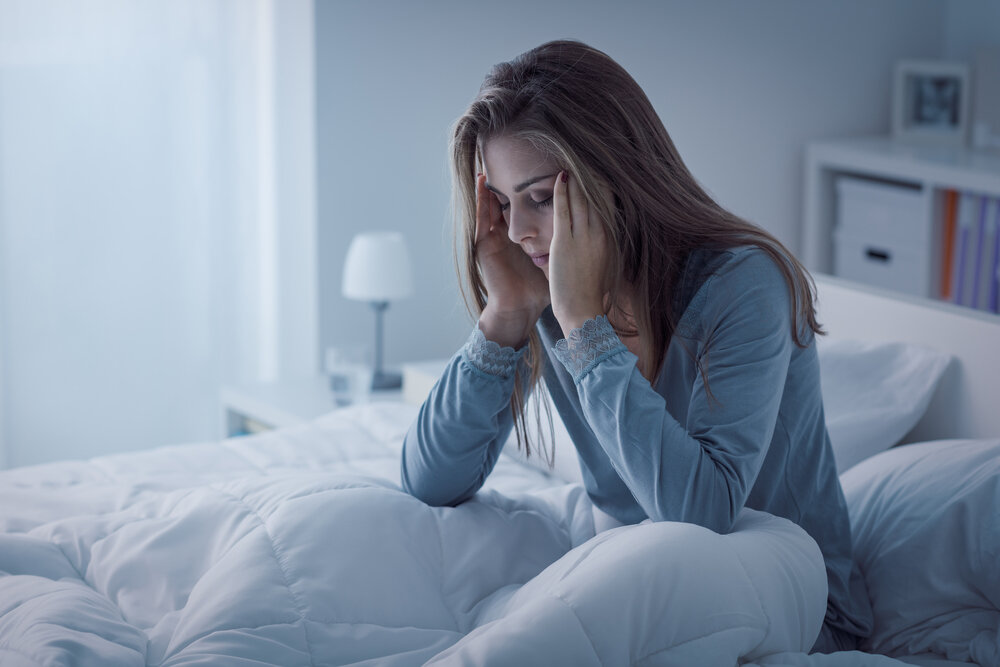Sleep is an essential aspect of our daily routine that is often overlooked or taken for granted. In today’s fast-paced world, sleep has become a luxury that many people cannot afford. With the rise of technology and the constant stimulation of our minds, sleep deprivation has become a significant problem. According to the National Sleep Foundation, adults need at least 7-9 hours of sleep per night to function properly, but most people fall short of this recommendation. In this article, we will explore the reasons why sleeping has become a main problem nowadays and how we can improve our sleep habits.
Primary reasons why sleeping has become a problem nowadays:
- Increased use of technology: The use of technology has led to a constant stimulation of our minds, making it harder to fall asleep at night. Exposure to blue light emitted from electronic devices, such as smartphones and laptops, can interfere with our sleep hormones and disrupt our circadian rhythm.
- Sedentary lifestyle: Many jobs require sitting in front of a computer for extended periods of time. This lack of physical activity can lead to physical and mental fatigue, making it harder to fall asleep at night.
- Mental stress: Work, school, or personal relationships can cause anxiety and restlessness, leading to insomnia and other sleep disorders. The constant pressure to perform and meet deadlines can also impact our sleep quality.
- Poor sleep habits: Unhealthy habits, such as irregular sleep patterns, inconsistent bedtime routines, and excessive caffeine or alcohol consumption, can negatively impact our sleep quality and quantity.
- Health consequences: Sleep deprivation can lead to serious health consequences, such as obesity, diabetes, heart disease, and depression. It can also impair cognitive function, making it difficult to concentrate, learn, and remember things. Additionally, sleep deprivation can weaken our immune system, making us more susceptible to illnesses and infections.
- Cultural norms: Some cultures prioritize work or socializing over sleep, leading to a culture of sleep deprivation. This cultural pressure can make it difficult for individuals to prioritize their sleep needs.
These are just a few reasons why sleeping has become a major problem in today’s world. It is important to prioritize sleep as an essential aspect of our daily routine to improve our overall health and well-being.
How can we improve our sleep habits?
- Establish a consistent sleep schedule: Try to go to bed and wake up at the same time every day, even on weekends. This can help regulate your body’s natural sleep-wake cycle.
- Create a relaxing bedtime routine: Establish a calming bedtime routine, such as taking a warm bath, reading a book, or listening to soft music. This can help signal to your body that it’s time to wind down and prepare for sleep.
- Make your sleep environment conducive to rest: Keep your bedroom cool, dark, and quiet. Invest in comfortable bedding and a supportive mattress.
- Limit screen time before bed: Avoid using electronic devices, such as smartphones, tablets, and laptops, for at least an hour before bed. The blue light emitted from these devices can interfere with your sleep hormones and disrupt your circadian rhythm.
- Manage stress: Practice stress-reducing techniques, such as meditation, deep breathing, or yoga, to help relax your mind and body before bed. This can help improve your sleep quality and quantity.
By incorporating these habits into your daily routine, you can improve your sleep habits and promote better overall health and well-being.
Lastly, we should adopt healthy habits that can promote better sleep. Regular exercise, a balanced diet, and reducing caffeine and alcohol consumption can have a positive impact on our sleep patterns. Exercise can help us burn off excess energy and reduce stress, while a healthy diet can provide the nutrients our body needs to function properly. Reducing caffeine and alcohol consumption can help us fall asleep faster and stay asleep longer.
In conclusion, sleeping has become a main problem nowadays due to various reasons such as technology, sedentary lifestyle, and unhealthy habits. The lack of sleep can have severe consequences on our physical

